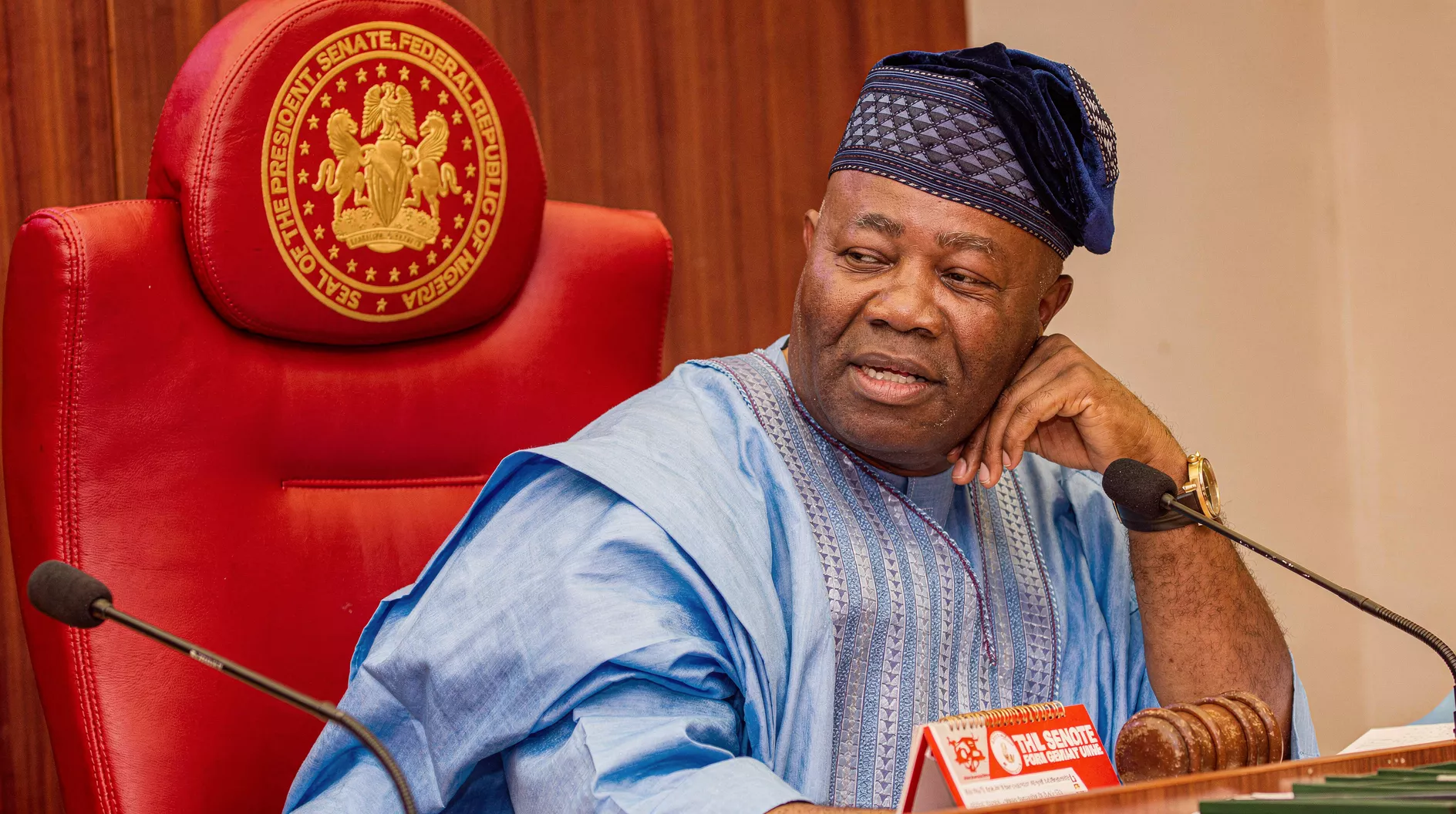• OGUNCCIMA decries suspension of 15% fuel tariff
Nigeria has supplied over 12 million barrels of crude oil to domestic refineries so far in 2025, with the Dangote Refinery emerging as the major beneficiary, the Nigerian Midstream and Downstream Petroleum Regulatory Authority (NMDPRA) disclosed yesterday in Abuja.
Speaking at the yearly conference of the Energy Correspondents Association of Nigeria (ECAN), yesterday, NMDPRA Chief Executive, Farouk Ahmed, said crude supply to domestic refineries more than doubled in the past two years, rising from about 20,000 barrels per day (bpd) in 2023 to over 40,000bpd in 2025, translating to approximately 12.6 million barrels delivered so far this year.
Ahmed explained that the increase reflected ongoing efforts by the Authority and the Nigerian National Petroleum Company Limited (NNPCL) to ensure a reliable feedstock supply for local refineries, including modular and privately owned facilities.
The NMDPRA chief spoke after the Authority announced the suspension of the 15 per cent ad valorem tariff on imported petroleum products, a policy reversal expected to stabilise the downstream market and avert price shocks.
“We have worked to improve domestic crude supply obligations and streamline logistics to guarantee refinery operations, particularly at the Dangote Refinery,” he said.
However, Ogun State Chamber of Commerce, Industry, Mines and Agriculture (OGUNCCIMA) faulted the Federal Government’s decision to suspend the proposed implementation of the 15 per cent import duty on Premium Motor Spirit (PMS) and diesel, saying the move could slow down the nation’s progress towards energy independence and weaken investor confidence in the refining sector.
In a statement signed by its Director of Public Affairs, George Ene-Ita, NMDPRA assured Nigerians of adequate product availability and advised against panic buying or hoarding.
“There is a robust domestic supply of petroleum products, sourced from both local refineries and importation, to ensure timely replenishment of stocks at depots and retail outlets,” the statement reads.
Ahmed added that the Authority gazetted 18 regulatory instruments and developed new guidelines and standard operating procedures to improve efficiency and compliance across the value chain.
Reacting to the announcement by NMDPRA that the tariff was “no longer in view,” OGUNCCIMA’s President, Niyi Oshiyemi, described the suspension as a setback to Nigeria’s economic reform drive and a missed opportunity to protect local refiners, particularly the Dangote Refinery and other modular refining initiatives.
According to him, “The suspension of the 15 per cent fuel import tariff is disappointing. The policy was a step in the right direction to promote local refining, reduce dependence on imports, conserve foreign exchange and create a fair competitive environment for domestic producers.
“Its reversal sends a wrong signal to investors who have shown confidence in Nigeria’s energy sector.”
Oshiyemi explained that the tariff would have helped to stabilise the naira by curbing excessive demand for foreign exchange used in fuel importation.






